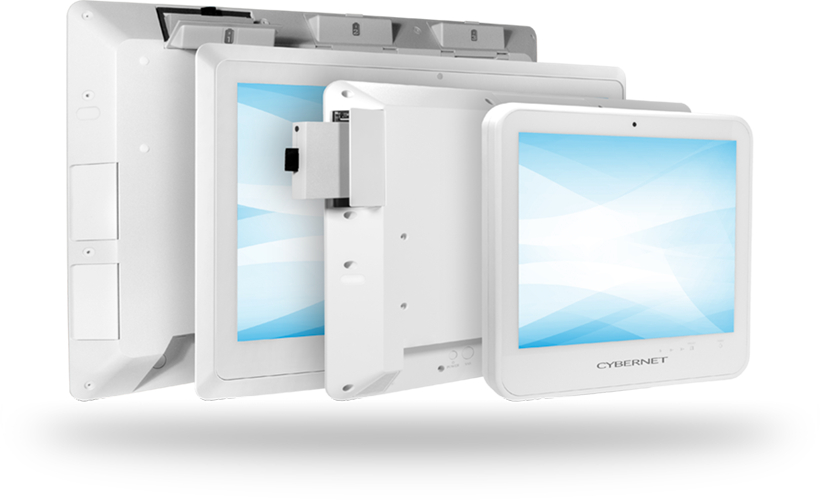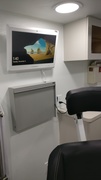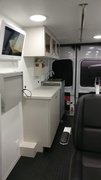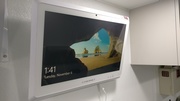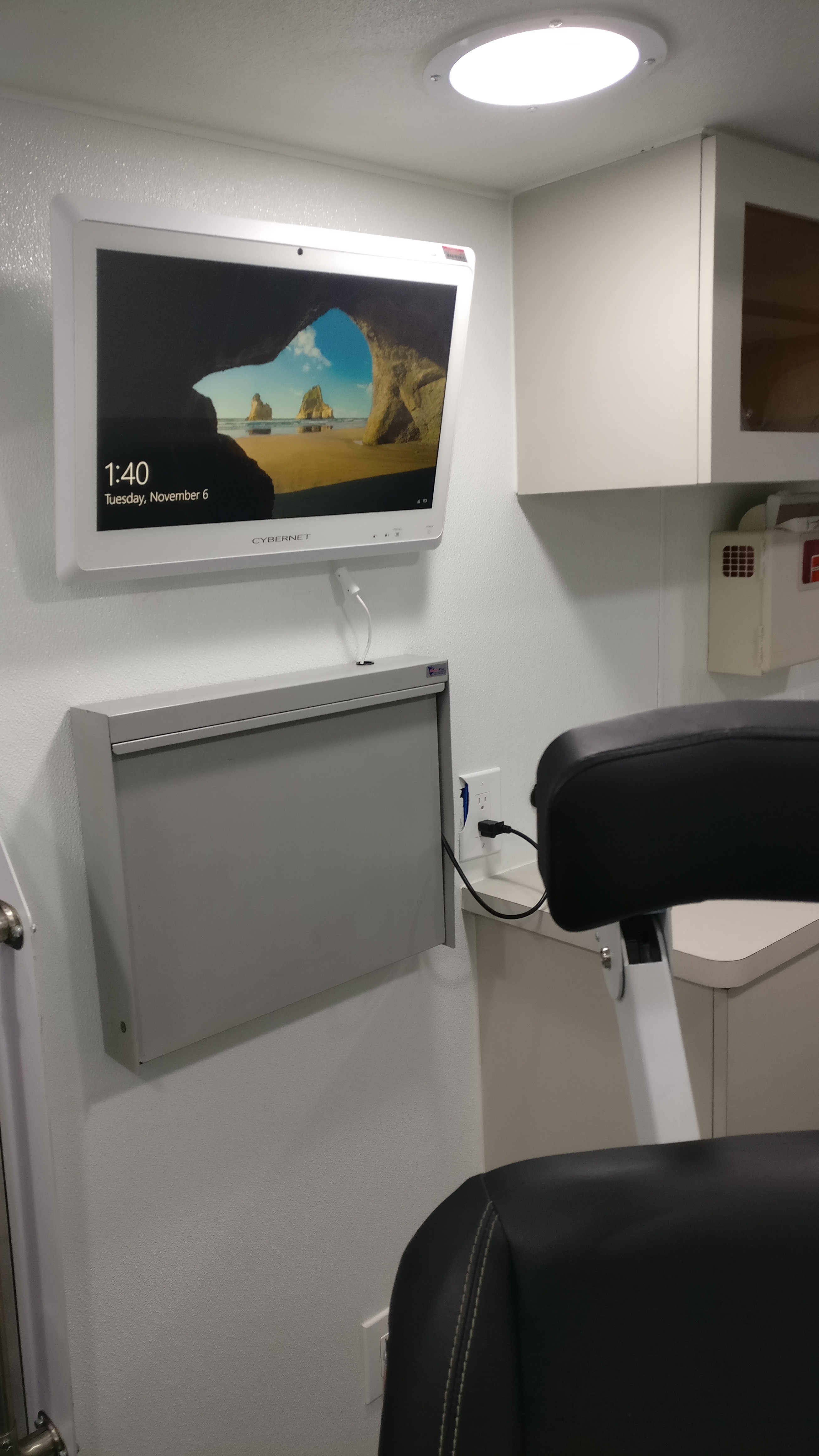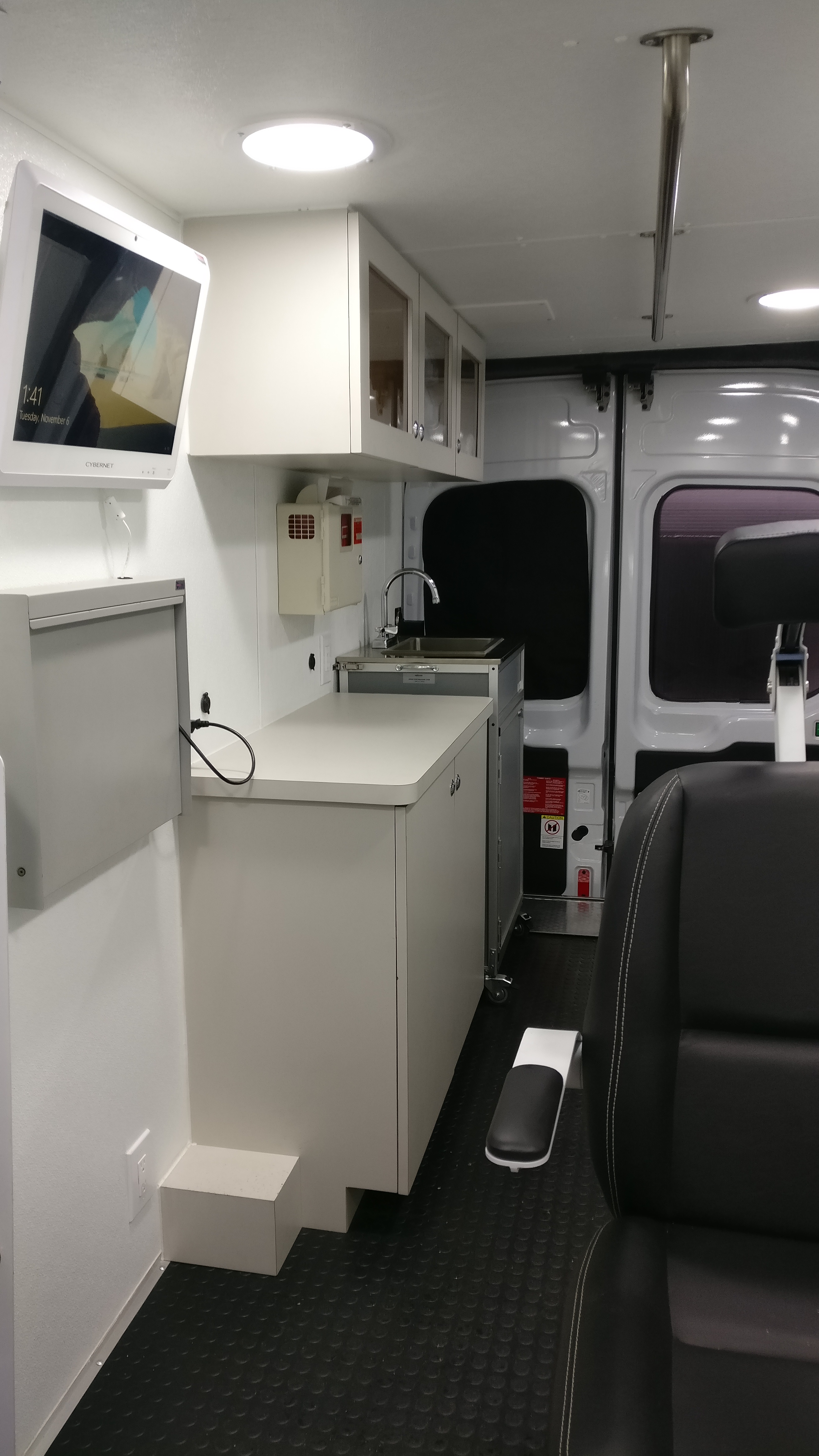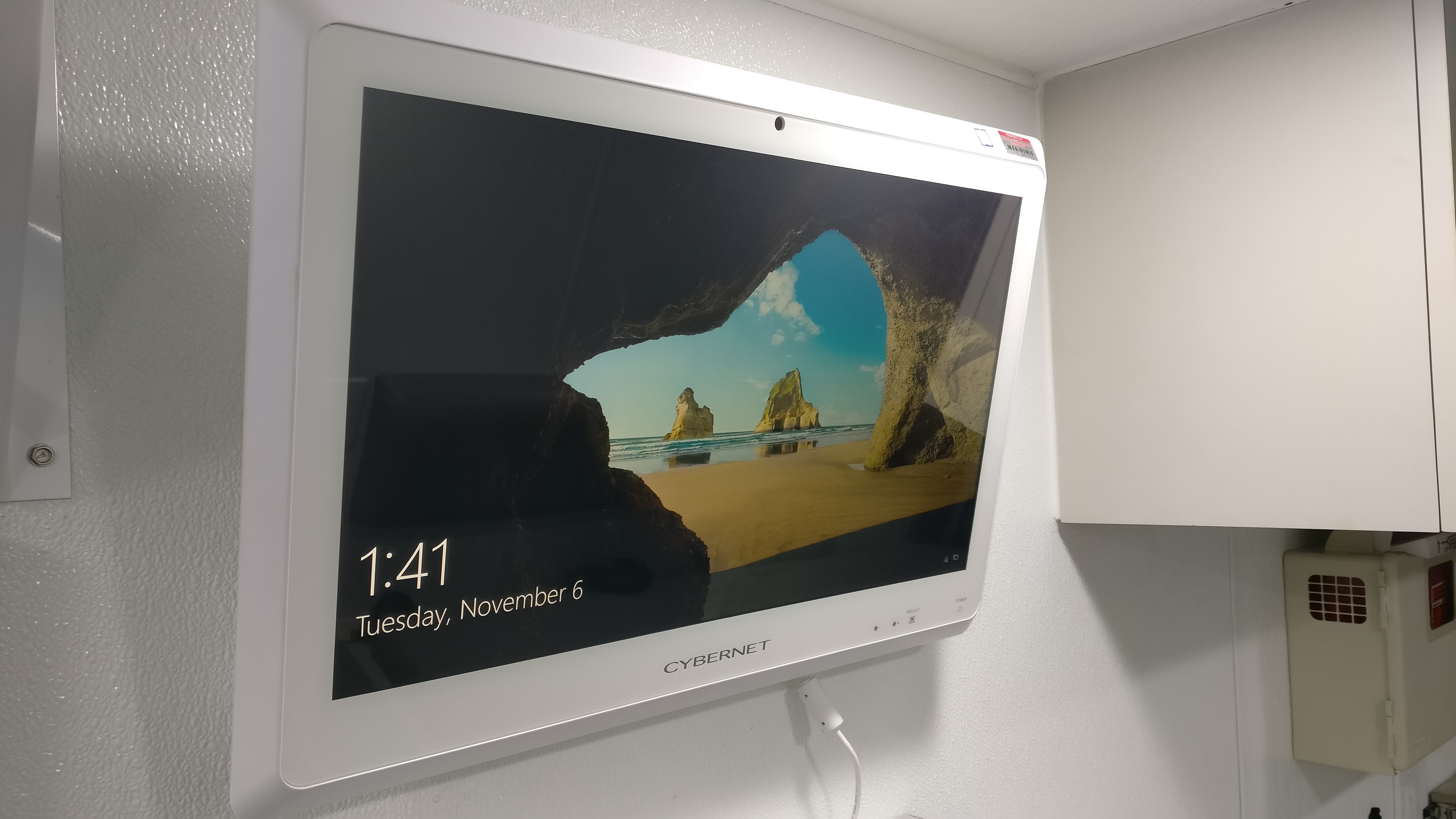Helping a Non-Profit Mobile Clinic How Cybernet Units Improved Care

-
COVENANT COMMUNITY CARE
- Industry: Healthcare
- Product: CyberMed Rx & CyberMed NB22
- HQ: Detroit, MI
Covenant Community Care is a non-profit community health center based in metro Detroit. Their organization actively seeks out and treats over 16,000 patients each year, providing medical, dental, behavioral, vision and OB care. They are a Federally Qualified Health Center treating the Detroit areas’ underserved and homeless communities since the late 1990s.
 Challenge
Challenge
In addition to their 5 clinics located throughout Detroit, Covenant had also organized a mobile community outreach clinic that primarily served the unsheltered homeless. The clinic was run out of a mini-van, which created a number of challenges. The van itself wasn’t large enough to hold an exam area, meaning all patient interaction was being done on the street. Paperwork became a massive problem as well. Just getting homeless patients to fill out paperwork was challenging enough, and when paperwork was collected it then had to be re-entered in Covenant’s EMR system back at their main office. In order for the mobile unit to be recognized as a Federally Qualified Health Center (FQHC), like their brick and mortar clinics, they needed to make a change.
To remedy these issues, Covenant was able to acquire a large conversion van that could be outfitted with all the necessary equipment to treat patients. What they needed to complete the unit were medical computers that could function in such a setting. Due to the extremely limited space in the van, they needed to find a computer that could be wall mounted. While the van had generator power, finding a medical computer that ran on its own batteries was also important. For their community outreach, they were looking for a rugged medical tablet that they could take onto the streets that had wireless connectivity to aid in patient registration that could sync up with their EMR system and eliminate double entry processes.
 Solution
Solution
After doing some online research, Covenant reached out to Cybernet to see if they could help them properly outfit their mobile clinic. After working together to understand Covenant’s needs and to better understand the limitations of their clinic space, Cybernet agreed to donate (1) CyberMed NB22 medical computer and (1) CyberMed Rx tablet.
The CyberMed NB22 features 3 hot-swap batteries and is VESA mountable. This allowed Covenant to mount the unit on the van’s wall saving space. The hot swap batteries also meant that generator power wasn’t necessary to power the computer, making operations much more efficient.
The CyberMed Rx was also a welcome addition. Thanks to 4G/3G connectivity and WIFI access, the tablet is able to be used for patient registration. That registration syncs in real time with Covenant’s EMR software, eliminating excessive paperwork. The rugged design of the tablet allows it to withstand the rigors of being used outdoors as well.
 Results
Results
In the few short months that Covenant’s mobile outreach clinic has been operational, they have seen a tremendous increase in the number of patients that they are able to treat. Processes are more efficient, as doctors and nurses can easily enter patient information into the medical computer in real time. The tablet has nearly eliminated their paperwork backlog, which was a time consuming and difficult process. Most importantly however, by streamlining processes, Covenant is able to get more patients signed up for Medicare, thusly allowing them to process more billable time for their doctors, which has resulted in them being able to add the mobile clinic as an officially recognized FQHC.
[Cybernet] has blown us away. They are beautiful units and they make the space look that much more professional and clean...we're really grateful and we didn't expect such a high quality computer in that space.
- Matt Fleming, Development Director
COVENANT COMMUNITY CARE
